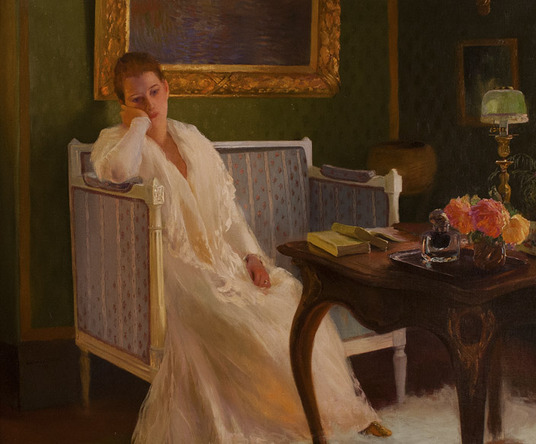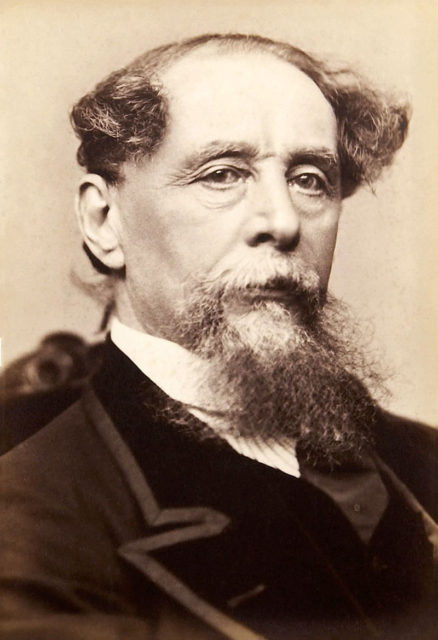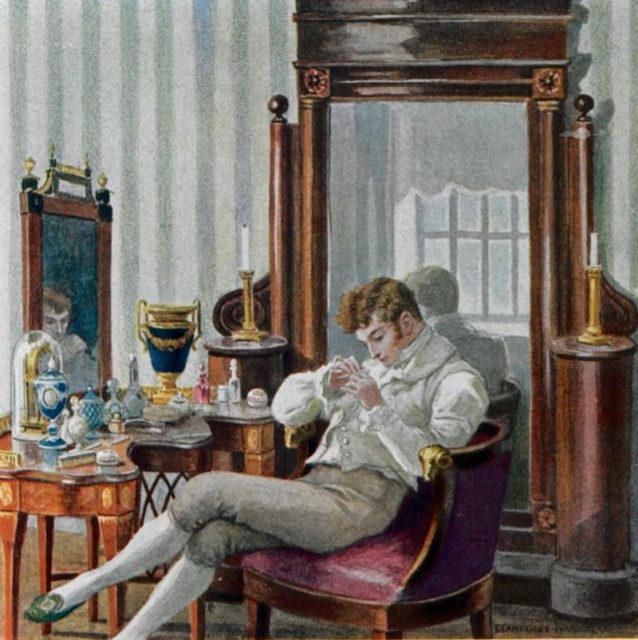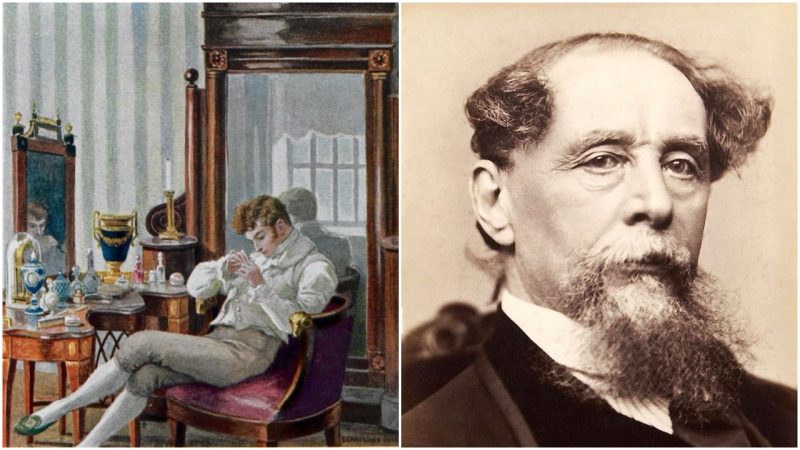Every person who ever lived has probably encountered some form of boredom at some point in their life.
Boredom is defined as a psychological state in which people have nothing particular to do, or feel that the day is dull and are not interested in their surroundings. Also, some psychologists define boredom as a feeling which is triggered by the inability of a person to solve a particular task.

It seems that people were less prone to boredom in the past when technology was less advanced and far less accessible because they were forced to perform many manual tasks. Nowadays, boredom is a far more common state of mind, and it is even regarded as a cultural phenomenon.
Although most philosophers and cultural theorists viewed this mental state as a highly negative characteristic of human nature, one particular philosopher thought otherwise. Emil Cioran, a prominent Romanian philosopher, known for his radical nihilism and extremely pessimistic outlook on the world, considered boredom a blessing. He thought that people who achieve the state of complete and utter boredom are the only people able to achieve perfect happiness.

Although the pejorative expression “to be a bore” existed in the English language since at least 1768, the term “boredom” was first used by none other than the celebrated writer Charles Dickens. Dickens was a prolific writer who most likely wasn’t prone to boredom; when he wasn’t preoccupied with writing his complex novels, he spent a lot of studying his surroundings and looking for inspiration.
Dickens used the word “boredom” for the first time in the novel Bleak House, written in 1852. The plot centers on the satire of the British judicial system, and the novel is regarded as one of the Dickens’ most elaborate works. The word “boredom” appears in the book six times, in the scenes which depict the lavishness and utter hedonism of the British upper class.

Before the word “boredom” became a standardized English term, the word “ennui” was the popular term which was used to describe the state of not having anything particular to do. The term “ennui” was borrowed from French and became widespread in the United Kingdom sometime around 1776.
The term originally meant “annoyance,” and the British were probably glad to replace it with Dickens’ original English word.
